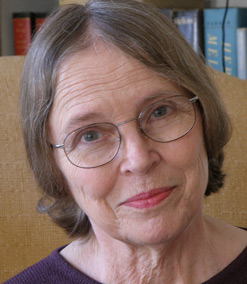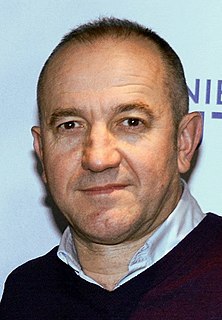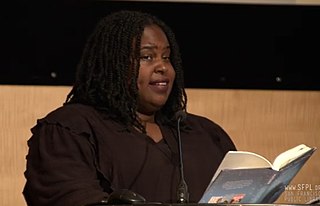A Quote by Daniel Handler
When you start writing a picture book, you have to write a manuscript that has enough language to prompt the illustrator to get his or her gears running, but then you end up having to cut it out because you don't want any of the language to be redundant to the pictures that are being drawn.
Related Quotes
The process for writing a picture book is completely different from the process of writing a chapter book or novel. For one thing, most of my picture books rhyme. Also, when I write a picture book I'm always thinking about the role the pictures will play in the telling of the story. It can take me several months to write a picture book, but it takes me several years to write a novel.
I think it's not an easy task because there's not enough Latino writers that are being given opportunities to write things - and I say this because I've been given a lot of bilingual movies in the past because of my career in Mexico, and they're like, "Oh, it's going to make sense for her to do this." A lot of studios want to hit that demographic, but they sort of do it without starting in the right way, which is having someone who knows the culture, and enjoys the language as well, to be able to write these things.
The most common thing I find is very brilliant, acute, young people who want to become writers but they are not writing. You know, they really badly want to write a book but they are not writing it. The only advice I can give them is to just write it, get to the end of it. And, you know, if it's not good enough, write another one.
I have stolen more quotes and thoughts and purely elegant little starbursts of writing from the Book of Revelation than anything else in the English language - and it is not because I am a biblical scholar, or because of any religious faith, but because I love the wild power of the language and the purity of the madness that governs it and makes it music.
For me writing is an organic process that starts with engaging the language and then thinking about the structure of the novel as you move along. Especially in revision you start to notice correlations. Things come up, not self-consciously, because you're busy feeling your way through sentences and trying to push the language into new places.
I have learned patience, for sure. Pre-publication is a long waiting game, especially for authors of picture books. We write the manuscript, sign the contract, and wait. It takes a while for the art director to find an illustrator and then the illustrator works on the sketches, and depending on those first round of sketches, it could be a few more months before you see a final illustration. I was surprised at how long it takes for all the pieces to come together.
I studied Comparative Literature at Cornell. Structuralism was real big then. The idea of reading and writing as being this language game. There's a lot of appeal to that. It's nice to think of it as this playful kind of thing. But I think that another way to look at it is "Look, I just want to be sincere. I want to write something and make you feel something and maybe you will go out and do something." And it seems that the world is in such bad shape now that we don't have time to do nothing but language games. That's how it seems to me.
A book, at the same time, also has to do with what I call a buzz in the head. It's a certain kind of music that I start hearing. It's the music of the language, but it's also the music of the story. I have to live with that music for a while before I can put any words on the page. I think that's because I have to get my body as much as my mind accustomed to the music of writing that particular book. It really is a mysterious feeling.



































